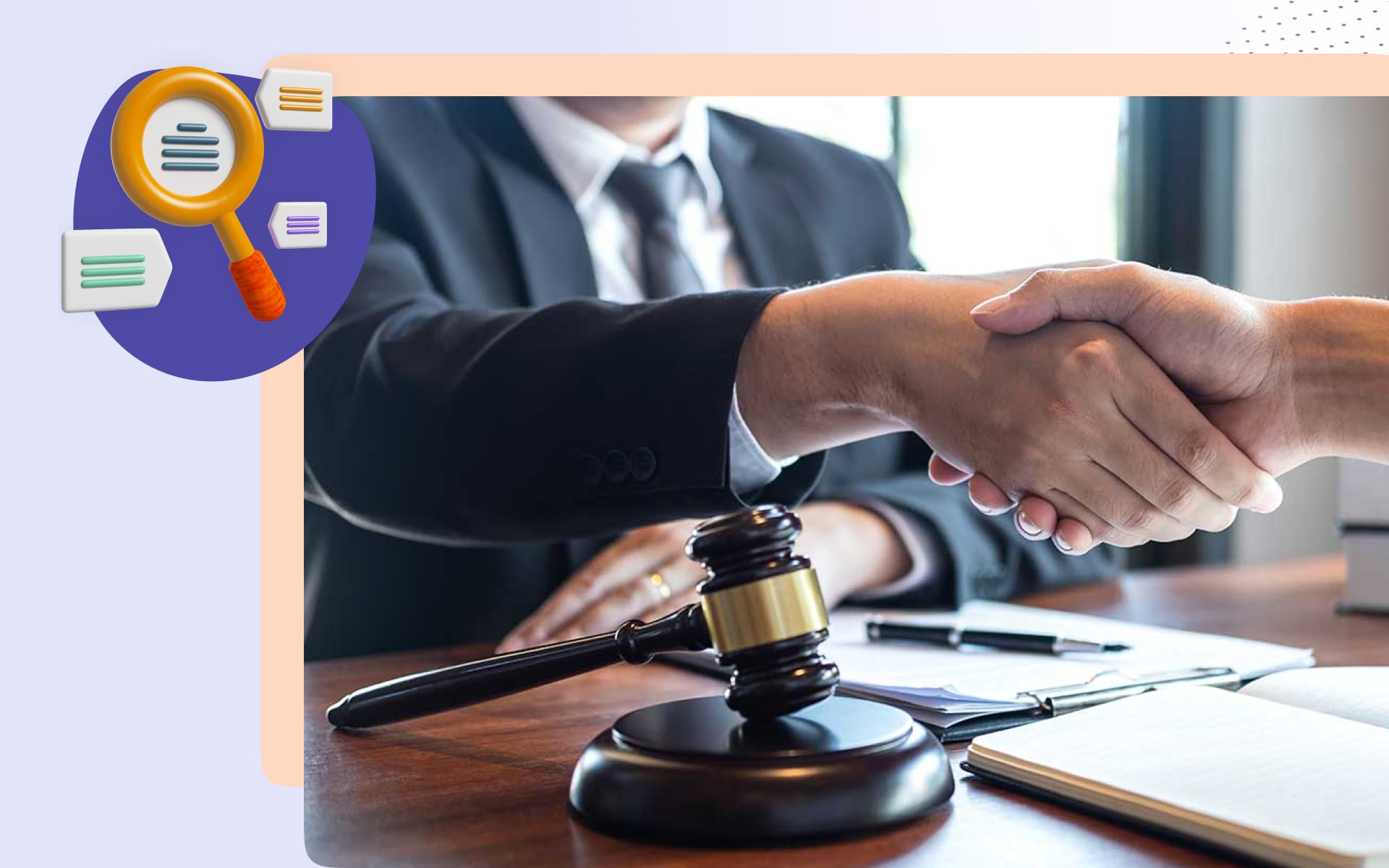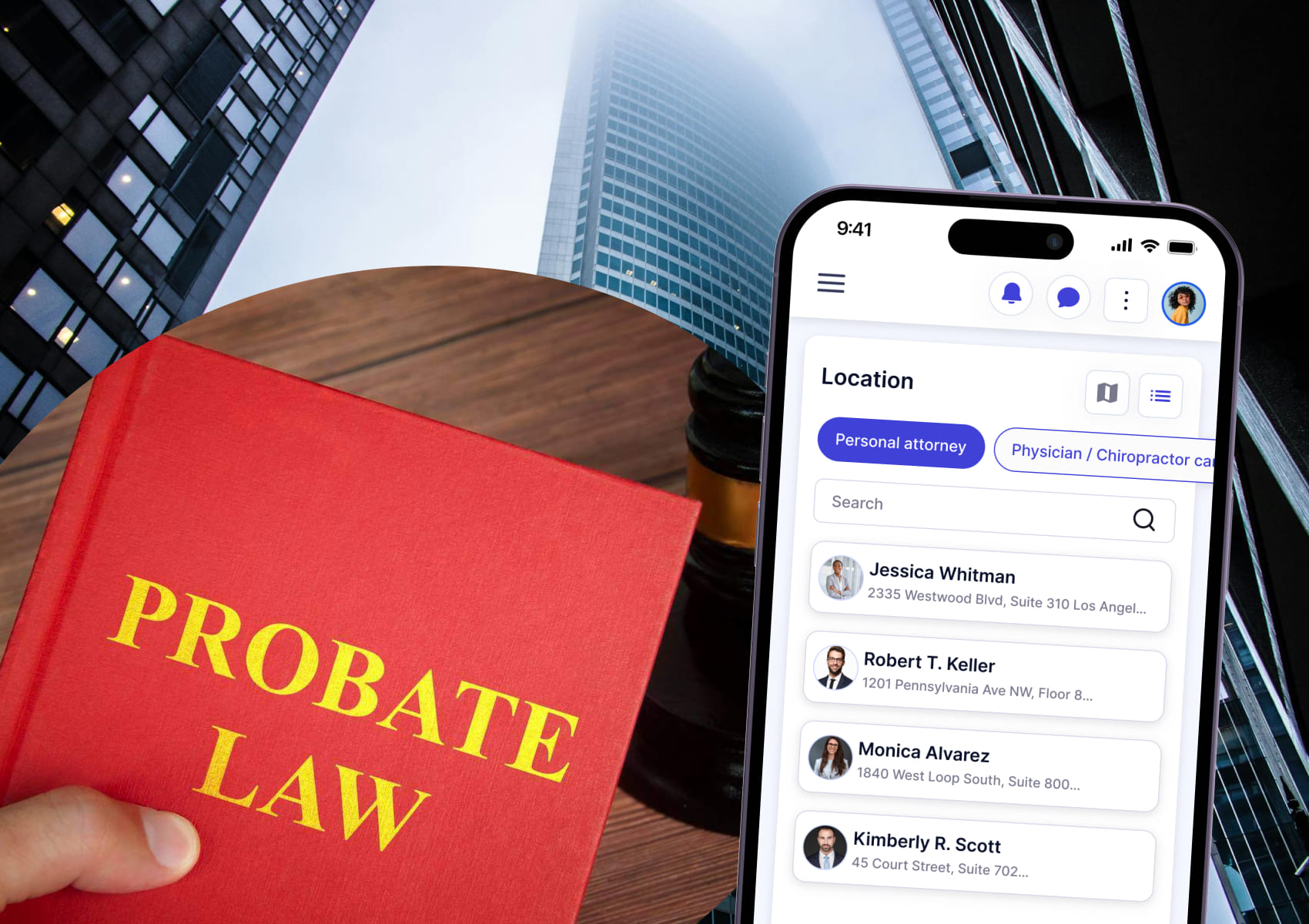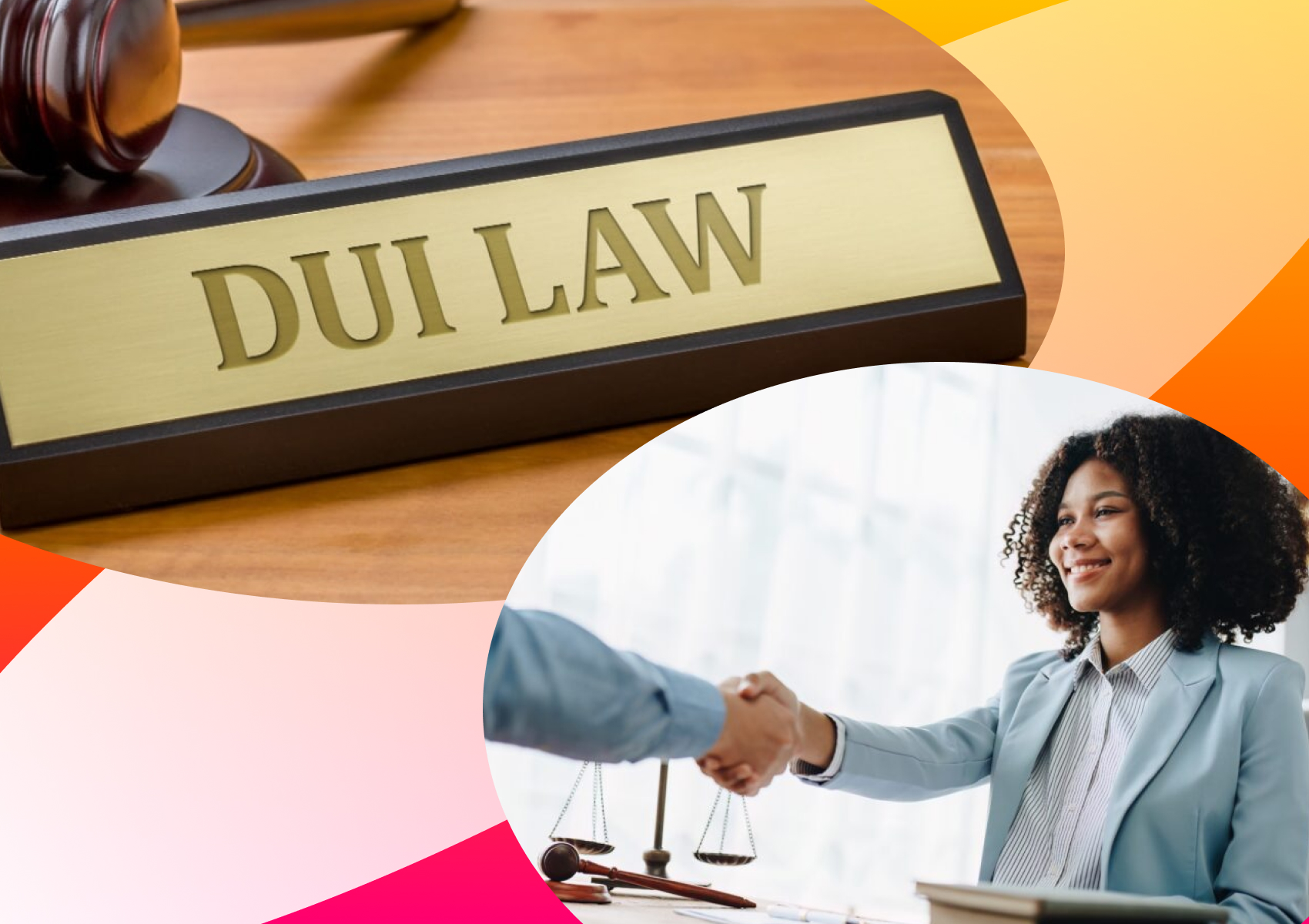How to find a personal injury lawyer?

Finding the right personal injury lawyer can significantly impact the outcome of your case. Whether you’ve been injured in an accident, due to medical malpractice, or through another form of negligence, having an experienced and effective attorney is crucial. Here’s a comprehensive guide on how to find a personal injury lawyer and choose the right one for your needs.
How to find the best personal injury lawyer: first steps
1. Understand your needs
Identify your case type
Personal injury law covers various scenarios, including car accidents, medical malpractice, workplace injuries, and more. Identify the specific type of injury or accident you’re dealing with to find a lawyer with the right specialization. For example, if you were injured in a car accident, look for a best personal injury lawyer who focuses on motor vehicle accidents. Specialization ensures that the lawyer has the relevant experience and knowledge to handle your case effectively.
Determine your goals
Clarify what you want to achieve from your case. Are you seeking maximum compensation, a swift resolution, or a specific type of settlement? Communicate these goals during your consultations to ensure that the lawyer’s approach aligns with your expectations. Your lawyer should be able to devise a strategy that matches your objectives.
2. Research potential lawyers
Check qualifications and experience
Verify the qualifications of potential lawyers, including their education, years of practice, and any special certifications or recognitions. Look for lawyers who have a solid track record in personal injury cases and have handled cases similar to yours. Experience in the specific area of law related to your case is crucial for achieving favorable results.
Read reviews and testimonials
Online reviews and client testimonials can provide valuable insights into a lawyer’s reputation and client satisfaction. Browse legal directories, review sites, and the lawyer’s own website to gather feedback from past clients. Positive reviews and high ratings are often indicators of a lawyer’s effectiveness and professionalism.
Verify professional associations
Membership in reputable legal organizations such as the American Association for Justice (AAJ) or state bar associations can signify a lawyer’s commitment to their field. These associations often require members to adhere to high ethical and professional standards, reflecting positively on the lawyer’s credibility.
How to choose a personal injury lawyer?
1. Evaluate track record
Review case results
Examine the lawyer’s past case results to gauge their effectiveness. Look for their success rate in securing favorable settlements and verdicts, particularly in cases similar to yours. To choose a personal injury lawyer with a strong track record is more likely to handle your case successfully.
Assess their litigation experience
Even if many personal injury cases are settled out of court, having a lawyer with robust litigation experience is beneficial. Ensure the lawyer has a history of effectively representing clients in court, as this experience can be crucial if your case proceeds to trial.
2. Consider communication and compatibility
Evaluate communication skills
Effective communication is essential in a lawyer-client relationship. Assess how well the lawyer explains legal concepts, answers your questions, and keeps you informed about your case’s progress. Choose a lawyer who communicates clearly and is responsive to your needs.
Ensure compatibility
The relationship between you and your lawyer should be based on trust and mutual respect. Ensure that you feel comfortable working with the lawyer and that they understand your concerns and priorities. A strong, positive relationship can enhance the overall effectiveness of your legal representation.
3. Understand the fee structure
Discuss contingency fees
Most personal injury lawyers work on a contingency fee basis, meaning they only get paid if you win your case. Discuss their fee structure upfront, including the percentage they will take from any settlement or award. Ensure you understand all potential costs and how fees will be handled.
Review any additional costs
Inquire about any additional costs that might arise during the legal process, such as court fees, expert witness fees, or administrative costs. Clarify whether these costs are covered by the lawyer’s fee or paid separately, and how they will be managed.
How to find a personal injury attorney with the highest expertise
1. Assess their negotiation tactics
Negotiation skills
When you find a personal injury attorney, inquire about the attorney’s experience and tactics in negotiating settlements. Effective negotiation skills are crucial for securing favorable terms without the need for a lengthy trial.
Settlement success
Ask about the attorney’s success rate in reaching settlements out of court. An expert negotiator can often achieve favorable settlements, saving you time and potentially avoiding the uncertainties of a trial.
2. Evaluate their professional development
Continuing education
Find out if the attorney engages in continuing education and professional development. Staying current with legal trends, new laws, and courtroom techniques is crucial for maintaining high expertise.
Legal publications
To find a personal injury attorney Check if the attorney contributes to legal publications, blogs, or industry journals. Contributions to the legal field can indicate a high level of knowledge and recognition among peers.
4. Evaluate their approach to client support
Client support services
Consider the support services offered by the attorney’s firm, such as client counseling, case management tools, and access to resources. Comprehensive client support enhances the overall experience and effectiveness of legal representation.
Client education
Evaluate whether the attorney takes time to educate clients about the legal process, potential outcomes, and what to expect. An expert attorney will help you understand each step of the case, ensuring you are well-informed and prepared.
5. Examine their availability and responsiveness
Availability
Check the attorney’s availability and responsiveness. A highly skilled attorney should be accessible and responsive to your needs, ensuring that you receive timely updates and support throughout the legal process.
Communication Channels
Inquire about the various communication channels the attorney uses, such as phone, email, or in-person meetings. Effective communication is key to a successful attorney-client relationship.
6. Assess their reputation within the legal community
Peer reviews
Look for peer reviews and ratings from other attorneys and legal professionals. High ratings and positive reviews from peers can indicate a strong reputation and respect within the legal community.
Awards and recognition
Check if the attorney has received any awards or recognition from legal associations, industry organizations, or professional groups. Awards and accolades can reflect expertise and a high level of achievement in personal injury law.
How to select a personal injury right: who might decline your case
1. Find enough evidence
Insufficient evidence
A lawyer may decline your case if there is insufficient evidence to support your claim. For personal injury cases, it’s crucial to present clear evidence of negligence, fault, or harm. If the evidence is weak or incomplete, a lawyer might decide that pursuing the case would be challenging and unlikely to succeed. Therefore, when you select a personal injury lawyer, ensure that you have strong and compelling evidence to increase your chances of success.
Unclear liability
If liability in your case is unclear or contested, a lawyer may be hesitant to take it on. For instance, in complex cases involving multiple parties, establishing fault can be difficult, making the case less attractive to lawyers who prefer clearer, more straightforward claims.
2. Conflicts of interest
Existing clients
A lawyer may have a conflict of interest if they represent a party with opposing interests or if they have existing clients whose interests conflict with yours. In such cases, ethical guidelines prohibit them from taking on your case to avoid potential conflicts.
Previous relationships
If the lawyer has had prior dealings or relationships with any parties involved in your case, they may have to recuse themselves due to a potential conflict of interest. This ensures impartiality and adherence to ethical standards.
3. Client-related factors
Unrealistic expectations
A lawyer may decline your case if you have unrealistic expectations about the outcome or compensation. If your expectations do not align with the likely results based on legal principles and evidence, a lawyer may feel it is not feasible to represent you effectively.
Poor communication or cooperation
Lawyers value clients who are cooperative and communicative. If a potential client is uncooperative, provides incomplete information, or is difficult to communicate with, a lawyer might decide that representing them would be problematic.
4. Ethical and Legal Concerns
Questionable Conduct
If there are concerns about the legality or ethics of your claim, such as potential dishonesty or fraudulent elements, a lawyer may choose not to take the case. Upholding ethical standards is crucial in the legal profession, and lawyers must avoid involvement in questionable activities.
Legal Barriers
In some instances, legal barriers such as statutes of limitations or jurisdictional issues might prevent a lawyer from taking your case. If the legal time limits for filing a claim have expired or if the case falls outside their jurisdiction, a lawyer might be unable to represent you.
10 questions to ask before choosing a personal injury lawyer
Choosing a personal injury lawyer is crucial for the success of your case. To ensure you select an attorney who meets your needs and has the expertise to represent you effectively, ask the following questions during your initial consultations:
1. What is your experience in handling personal injury cases?
Understanding a lawyer’s experience in personal injury law is essential. Ask about their track record, specifically with cases similar to yours. An experienced lawyer is more likely to navigate the complexities of your case and achieve favorable results.
2. What is your success rate with cases like mine?
Inquire about the lawyer’s success rate in cases similar to yours. This includes settlements and verdicts. A strong track record of securing favorable outcomes in comparable cases indicates competence and effectiveness.
3. How do you charge for your services?
Discuss the lawyer’s fee structure. Most personal injury lawyers work on a contingency fee basis, meaning they only get paid if you win your case. Clarify the percentage they will take from any settlement or award, and ask about any additional costs.
4. What is your approach to handling cases?
Understand the lawyer’s approach to managing cases. Ask about their strategy for handling your specific type of case, including their plans for gathering evidence, negotiating with insurance companies, and preparing for trial if necessary.
5. Will you be handling my case personally?
Determine who will be working on your case. Some law firms delegate cases to junior attorneys or paralegals. Ensure that the lawyer you are speaking with will be actively involved in your case and not just passing it off to someone else.
6. What is the expected timeline for my case?
Ask about the anticipated timeline for your case, including key milestones and how long it might take to reach a resolution. Understanding the timeline helps you set realistic expectations and plan accordingly.
7. How will you keep me informed about my case?
Communication is crucial in any legal representation. Inquire about how frequently the lawyer will update you on your case’s progress and through which methods (e.g., phone, email, in-person meetings). Clear communication helps ensure you stay informed and involved.
8. What potential challenges do you foresee in my case?
Ask the lawyer to identify any potential challenges or obstacles that might arise in your case. This includes assessing the strength of your evidence, potential legal issues, or difficulties in proving liability. Understanding these challenges helps you prepare for possible issues.
9. Can you provide references or testimonials from past clients?
Request references or testimonials from previous clients. Speaking with past clients can provide insights into the lawyer’s reputation, client satisfaction, and the overall experience of working with them.
10. What is your plan for handling my case if it goes to trial?
Even if most cases settle out of court, it’s important to know how the lawyer handles trials. Ask about their trial experience, including their approach to preparing for and presenting cases in court. Ensure they have a solid plan for litigating your case if it becomes necessary.
How can Owchbuddy help you to find and to work with a personal injury lawyer?
Seeking legal counsel can help you understand your rights and potential compensation based on the specifics of your case. OwchBuddy’s AI assistant will analyze your situation and help determine an individual action strategy. If the AI finds that you urgently need a qualified professional, it will assist in finding one quickly.
OwchBuddy app operates by analyzing your situation and matching you with the most suitable specialist from its database. OwchBuddy’s database brings together top specialists from all states. It includes lawyers specializing in various cases with relevant experience, which plays a crucial role in every matter. You can schedule a consultation and conduct a video meeting directly in the app without wasting time.Download the OwchBuddy app at Google Play or the App Store to have a reliable decision-making assistant at your fingertips in moments of doubt. It not only answers questions and finds specialists but also keeps all documentation in one place. It’s not just an app; it’s a companion throughout your journey.
Thank you for your comment
It will be published after moderation

 OwchBuddy
OwchBuddy







Comments 0